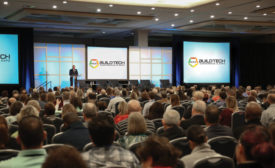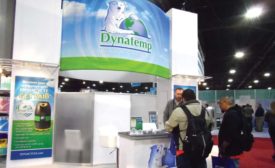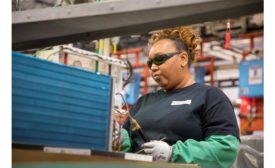Training and Education for Contractors
HVAC Excellence Celebrates 25 Years of Industry Involvement
Howard Weiss, executive vice president, discusses industry issues
Read More
ESCO Institute Appoints New Executive Director
Renee Tomlinson will also serve as an executive board member of ESCO Group
February 21, 2019
Dynatemp Focuses on Educational Opportunities With HVACR Wholesalers
Also looks to increase wholesaler partnerships this year
Read More
Harris Supplies Brazing Equipment to Train Local Workforce
Supporting technical education allows the industry to flourish
January 30, 2019
10 Troubleshooting, Diagnostic Tips for HVAC Technicians in the Field
Educators explain their approaches to repairing HVACR systems
Read More
Online Opportunities: All the Benefits of HVAC Training Without the Expense of Travel
HVACR programs that were not remotely possible to attend in the past are now possible remotely
Read More
Webinars Are a Convenient Way to Provide More HVAC Technical Training
Online resources are often available 24/7 without any necessary travel
Read More
Copyright ©2025. All Rights Reserved BNP Media.
Design, CMS, Hosting & Web Development :: ePublishing















